
6 minute read
Bakkafrost
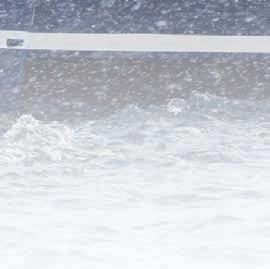
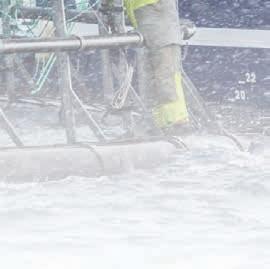
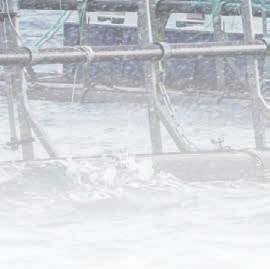
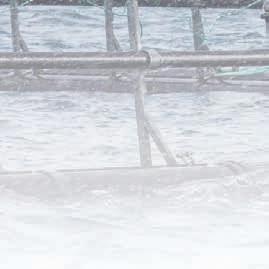
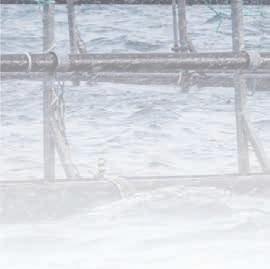


BY VINCE MCDONAGH
Game changers
Faroes-based operator Bakkafrost is showing faith in its Scottish acquisition

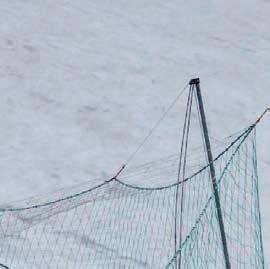
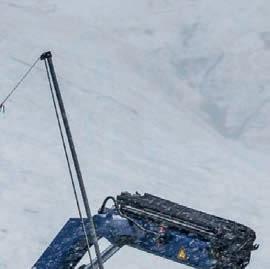
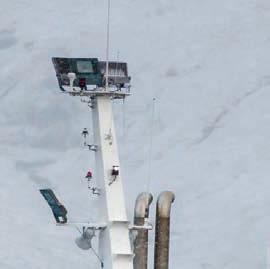


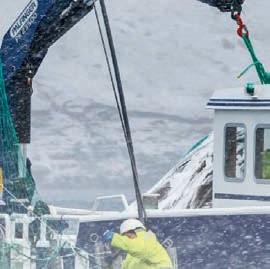
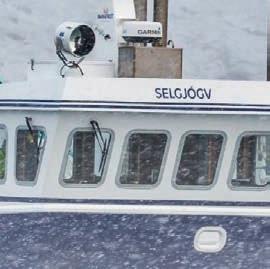
Bakkafrost has made it clear it is ready to spend big in order to reshape the Sco� sh Salmon Company.
The Faroese salmon farming group has set aside an investment programme totalling around £180m – or £45m (DKK 400m) a year between now and 2024, which they intend to be a game changer.
The investment programme for the Faroe Islands is es� mated at DKK 1.8bn (£207m).
A sizeable part of the money for Scotland will be used to fund the building of three large hatcheries to increase smolt capacity so it eventually becomes self-suffi cient in providing large smolt.
The fi rst of these will be at the company’s exis� ng Applecross hatchery, currently being expanded and equipped with RAS (recircula� ng aquaculture system) technology. Suitable sites for the next two large hatcheries are s� ll under considera� on.
When Bakkafrost acquired the Sco� sh Salmon Company in October 2019 for around £520m it made it clear that considerable investment would be needed.
The group operates 44 marine sites on the West Coast of Scotland and the Hebridean Islands with 74,765 tonnes of current permi� ed licence volume. It also owns a unique Na� ve Hebridean broodstock programme producing pure Sco� sh Island salmon, originally bred from wild stock and farmed only in Hebridean waters. This, says the company, results in a strong, lean and no� ceably fi rmer fi sh than with other Atlan� c salmon.
SSC operates two harvest sta� ons, Arnish Point in the North of Scotland and Ardyne in the south of the country with a total daily capacity of 266 tonnes, along with two processing factories and a smokehouse.
Bakkafrost says the farming situa� on in Scotland is improving albeit gradually, although the second half of last year was more challenging, especially during the fi nal quarter when SSC suff ered excep� onally high mortality rates at

Left: A Bakkafrost farm in the Faroes Opposite from top: The Faroes coastline
some farm sites. Part of that was driven by very severe rainfall in August when Storm Ellen swept through the region causing severe damage to the fi sh farms of other companies.
The annual report explains: “History has demonstrated that biological challenges in the second half of the year have been a repeating pa� ern in the Sco� sh Salmon Company. This pa� ern is expected to be broken with the transforma� on of the farming opera� on, that we will be making in the Sco� sh opera� on in coming years.
“Challenging third and fourth quarters may be expected for the next couple of years but with gradually reduced severity as the large-smolt strategy is being implemented in the Sco� sh farming opera� on.
Bakkafrost chairman Runi M. Hansen told shareholders: “By increasing the quality and smolt size to 500g the cycle � me at sea is reduced to 10-12 months, hereby reducing the biological risk as well as enabling sustainable growth in harvest volume. “This expansion will gradually increase smolt size and quality and is expected to be completed by 2023, wherea� er we will be self-suffi cient with 250g smolt in Scotland.”
He added: “This alone will be a game-changer for the farming opera� on in Scotland and will improve further when the next two hatcheries are fi nalised and the average size of smolts is increased to 500g.”
Bakkafrost said the large-smolt strategy will also play a central role in the Faroe Islands.
The company plans to release (ie transfer to the sea) 14.5 million smolts in the Faroe Islands this year, a slight increase compared to 14.3 million smolts in 2020.
The smolt release in Scotland will total 11m, up on the 2020 fi gure of 10.4m.
“The number and average weight of smolts released are key elements of predic� ng Bakkafrost’s future produc� on,” the report adds.
Bakkafrost says the objec� ve of farming methods in the Faroe Islands is to increase biological and veterinary security and to support a sustainable and healthy opera� on, by total separa� on of salmon genera� ons, vaccina� on


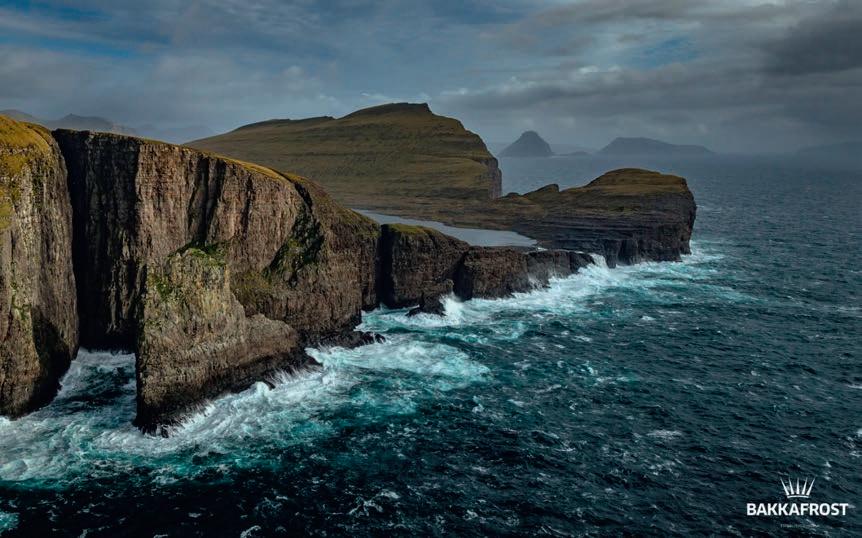

against diff erent diseases (ISA – infec� ous salmon anaemia – among othagainst diff erent diseases (ISA – infec� ous salmon anaemia – among others), along with strict regula� on of movement of equipment and fi sh.
However, fi sh farming ac� vi� es in Scotland diff er in both biology and legisla� on, Bakkafrost says.
“It will therefore take � me to refi ne and improve the farming method in Scotland,” the report stresses.
It goes on: “Signifi cant investments across the value chain are needed. The farming costs have increased in recent years, especially because of increased feed costs and health costs. In the Faroe Islands, farming sites have been moved further out of the � ords to more exposed areas, where more expensive equipment is needed.”
The plan is also to do something similar in Scotland in areas where that is possible. Salmon feed with a high marine content, similar to the diet in the wild, is used in both the Faroes and Scotland, but it does result in rela� vely high feed costs.
However, it did bring benefi ts such as increased produc� on and greater effi ciency. This also brought high standards of animal welfare which have a posi� ve impact on non-feed cost elements.
The group remains confi dent about the future, concluding: “Despite the uncertain� es imposed by the Covid-19 pandemic, long term development in the world market for salmon products will most likely remain favourable for Bakkafrost.
“Bakkafrost has a long value chain and a cost-effi cient produc� on of high-quality salmon products and will likely maintain the fi nancial fl exibility going forward.” FF












